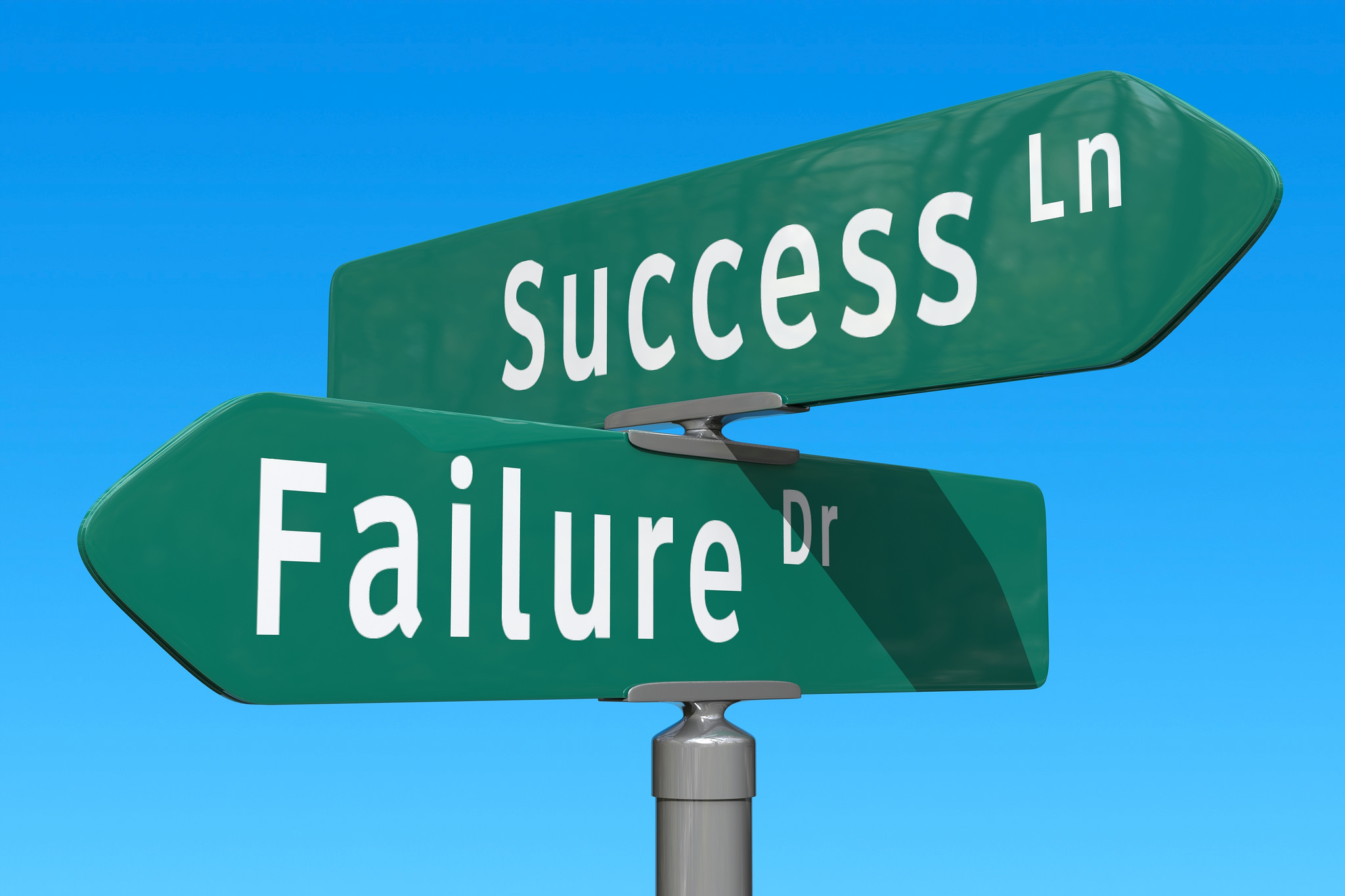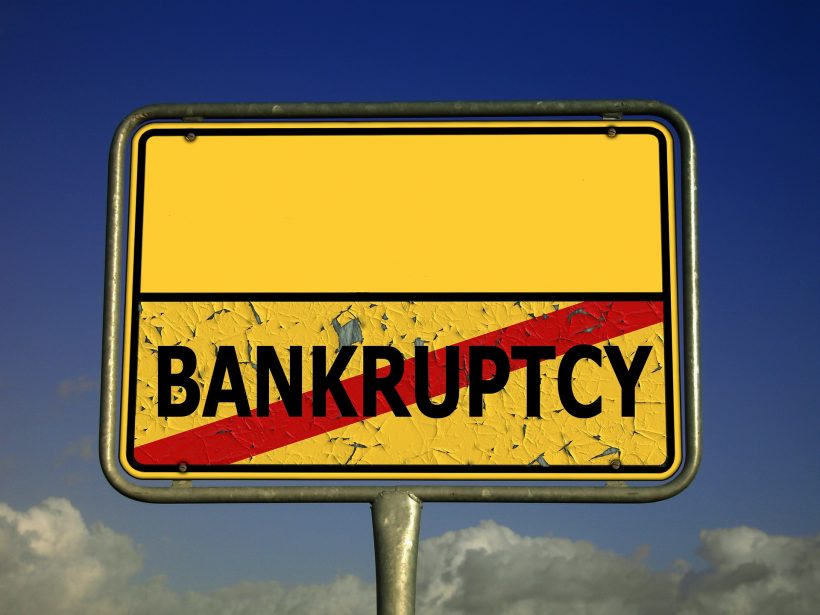This is a contributor’s blogpost …
If you’re familiar with statistics, you might know that 96% of businesses fail within ten years. That is a huge number, one that makes you ponder on how so many companies exist. It also makes you think about the lifecycle of your firm. To be realistic, you have to realize that your chances of failing are greater than your chances of succeeding. The realization is often enough to put most wannabe entrepreneurs from opening up the doors to the general public. Some people, however, take a different approach. They think ‘how can I defy the odds?’ If you’re one of these people, here are the tips that will help you hit your target.

Photo Courtesy of Chris Potter via flickr
Bill Gates Money
Bill Gates is the richest man on the planet, and even he has to contemplate failure sometimes. But, when it rears its ugly head, he has the money to make the issue go away. No one is saying that money is everything, but in business, it makes a big difference. Without the right amount of small business funding, the firm will buckle at the knees. That’s because unforeseen costs always pop up no matter how hard you try and budget for them. If you don’t have the capital, you don’t have the resources to stay clear of trouble. Okay, so billions of dollars isn’t a necessity. Still, ten to fifteen percent of your budget is if you want to survive.
The Wrong Reasons
Lots of business owners start a business because they want to make a pile of money or spend more time with their family. Or, the big one: they want to become the boss. These are all good reasons, but they aren’t enough. In layman’s terms, they are cosmetic, which means they will wear off after a while. To start a business, you need a reason that will keep you going after the ten years mark and well into the future. You need a passion and a love for the industry. If you have that, you have a better chance of sidestepping any obstacles in your way.
Prime Location
Eight out of ten businesses fail in the first year because they take up residence in the wrong buildings. Well, there is more to it than that, but the location of the office plays a big part. Why? It’s because it places you closer to the customers, as well as enhancing your brand. Customers are lazy and won’t travel too far if it’s out of their way, while the biggest businesses take center stage in the middle of the city. Just think about the reputation of Wall Street in New York or the CBD in Sydney. Some experts even go as far as saying that a poorly run business can survive if it has the right location. A well-managed firm, on the other hand, can perish if it is on the outskirts.
Bad Management
No one is pointing the finger yet, but you should understand that your decisions affect the company. Any poor management decisions will come back to bite you, and they may signal the end. Of course, you’re going to make mistakes because to err is to be human. Plus, you can learn from them to grow stronger in the future. However, there are some mistakes you can’t afford to make. For example, you should outsource certain tasks as soon as possible. Not only will it improve the standard, but it will also cut back on business expenses. Also, splashing the cash on individual experts is a must. An accountant, for instance, is expensive but they are also good at their job. The best ones can look after the books while cutting costs at the same time. In the long run, they will make more money than they cost, which is a no-brainer.
Expansion
If you’re lucky as well as savvy, the first year might go well. Hallelujah and praise the Lord! Hang on a minute, though; you shouldn’t count your chickens before they hatch. You see, some owners take this as a sign from God that the next step is to expand. So, they open up a range of stores to press home the advantage. After a while, they realize it is not a good idea as they suffocate under the weight of their success. The thing is that growth is essential, but only in the long-term. In the short-term, you want to ensure your safety before you make problems of your own doing.
Otherwise, you will be the architect of your downfall, and that’s a bitter pill to swallow.

